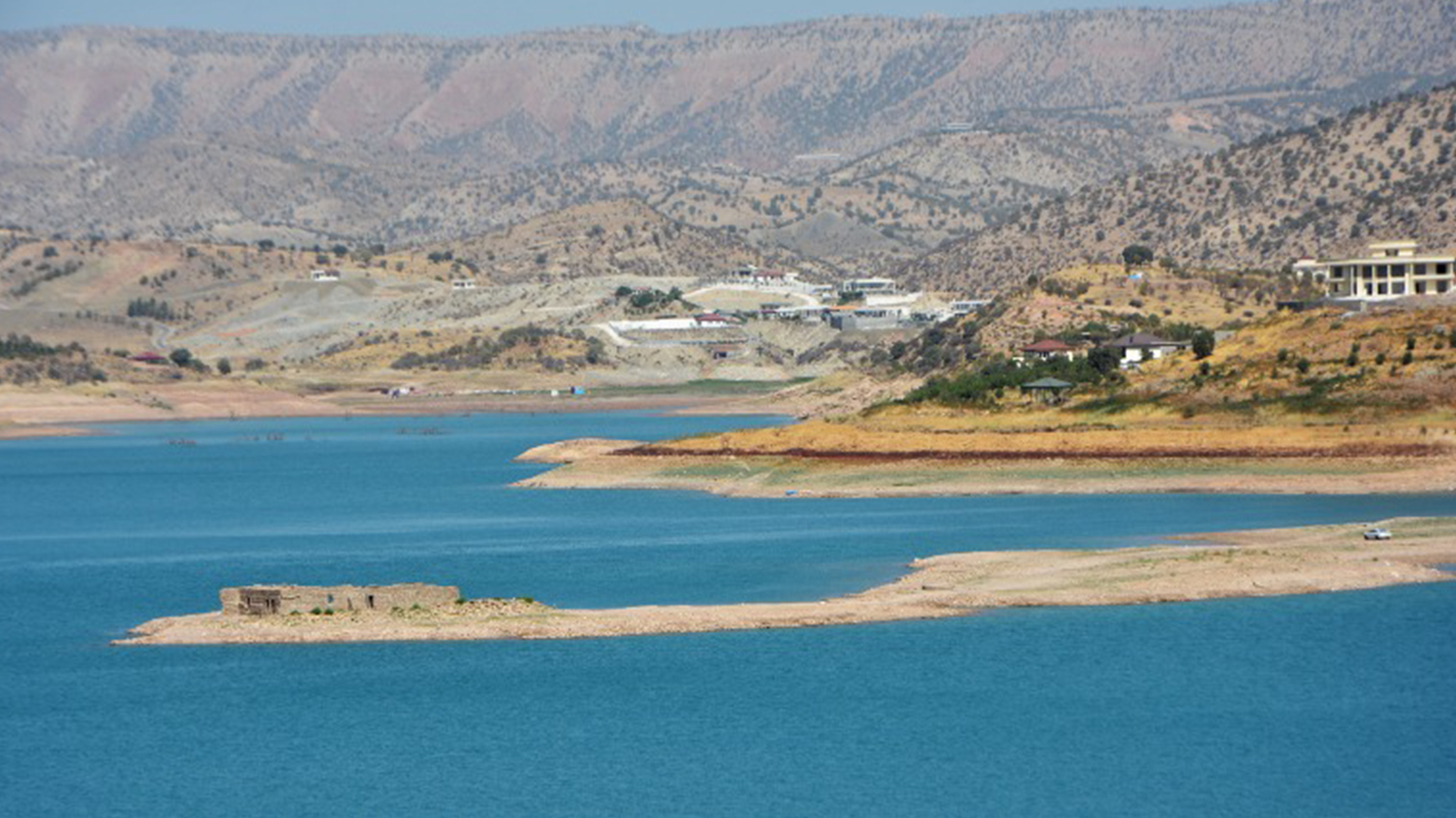Construction of 11 water conservation projects to commence: KRG director of water & sewage
“A total of 11 strategic projects are being implemented to address the issue of water shortages,” said General Director of the Water and Sewage Directorate, Ari Ahmed.

ERBIL (Kurdistan 24) – At an annual cost of $421 million, the Kurdistan Region provides 2.8 million cubic meters of clean water daily to its citizens, according to a statement from the Kurdistan Regional Government’s (KRG) Department of Media and Information.
As of now, 81 water conservation projects are operational on the Region’s rivers and in order to provide for the growing demand of its population, another 11 strategic water projects are scheduled to commence soon.
“A total of 11 strategic projects are being implemented to address the issue of water shortages,” said General Director of the Water and Sewage Directorate, Ari Ahmed.
The “strategic water conservation projects” can refer to dams, canals, ponds, water purification facilities, among other types of facilities and structures.
“It is our goal to resolve the water shortage problem in Erbil's north and east,” he added.
Moreover, in the Kurdistan Region, water consumption per capita is 500 liters per day, which is higher than the international standard of 250 liters. Consequently, the citizens consume more water than the international standard.
The director added that with the expansion of urban movement and the growth of cities in the Kurdistan Region, the demand for water increases every year.
Lastly, Ahmed mentioned that home appliances such as dishwashers and daily washing of outdoor tile and concrete further exacerbates the problem.
Read More: KRG Ninth Cabinet releases water conservation project data
The Ministry of Agriculture and Water Resources previously announced on July 7 that four new dams were constructed in the Kurdistan Region this year.
According to the Ninth Cabinet of the KRG, the main purposes of water conservation projects are to protect water resources, collect water for the agriculture and tourism sectors, support farmers, provide job opportunities, prevent flash floods, and increase groundwater.
Earlier in July, Kurdish officials visited Saudi Arabia with a proposal for a water treatment plant, dubbed the Ifraz 3 Project, which would hypothetically source water from the Great Zab River to the capital’s residents. Kurdish officials seek to take a "loan” from the Saudi government to implement the project, which upon its completion, will provide 25,000 cubic meters of fresh water to the capital daily.